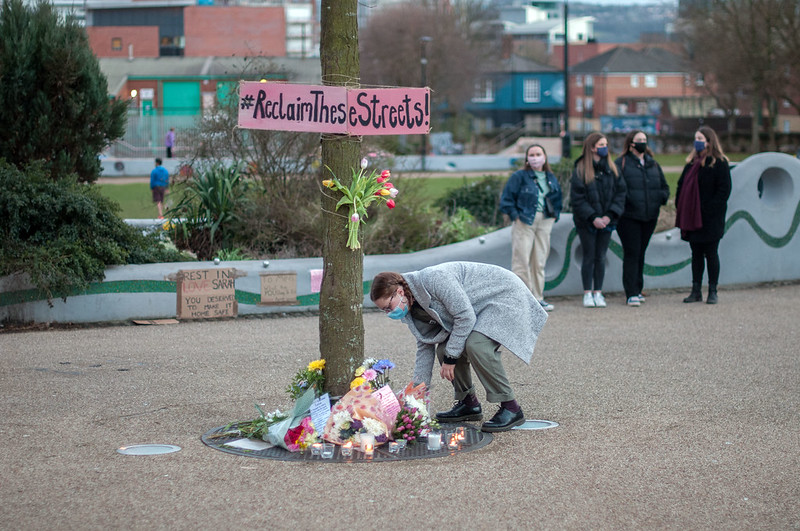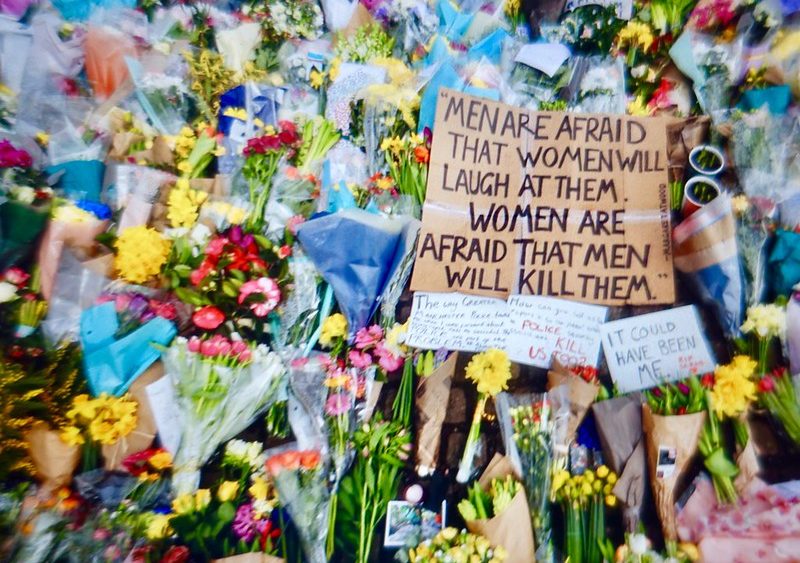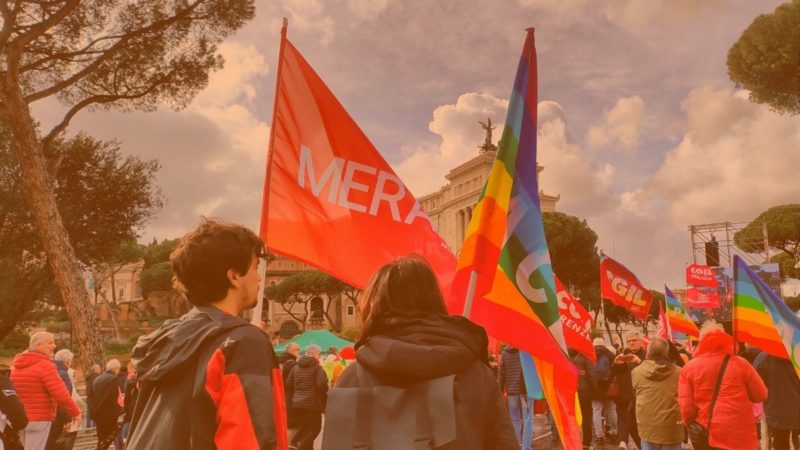The abduction and murder of 33-year-old Sarah Everard who was walking home in south London on March 3, has produced an outpouring of sympathetic grief from the nation’s women and those who care for them
Perhaps this overwhelming response to an event that is tragically not at all unprecedented, has to do with the fact that the accused is a Metropolitan policeman. But it is also the response of people who are aware of the tide of domestic violence which has increased under lockdown, and the experiences of sexual harassment, degradation, trolling and stalking which have afflicted so many young women in the UK, experiences which they have been sharing in unparalleled numbers. The political class and the media recognised very quickly that they had another potential George Floyd moment on their hands.

Photo: One of the many vigils held across the UK. In Sheffield, over one hundred people attended to lay flowers and light candles.
Why they thought they could get away with the Metropolitan police forcibly removing the speakers from the rostrum for a peaceful vigil in solidarity with Sarah and her family, attended by hundreds of women and men on March 13, it’s hard to tell. Four women were arrested for breaches of COVID-19 regulations, but the pictures which went round the world of the resulting scrummage with five burly policemen forcing a masked young woman to the ground showed conclusively that it was not ‘social distancing’ they were after. This had more to do with landmark government legislation currently going through Westminster that strengthens police discretionary powers against ‘protest’, now being extended to include any action deemed by them to be publicly disruptive. This has rightly been described as part of the UK Government’s “trumped-up war on woke.”
Nothing however, not even Meghan’s revelations, have deflected attention from the wave of new questions being posed by the social media commentary on Sarah Everard’s tragic death. What is misogyny? What is the link between these extreme acts and the whole spectrum of male abuse and humiliation of women at home and in public? Why aren’t we surprised that the killer accused of her death is a policeman? Is there a relationship between the ‘pandemic’ of domestic abuse that people were flagging up even before COVID-19 and the sheer predominance on our TV screens of fictional entertainment that dwells lovingly on the killing of women? Or the new access to online pornography? Or the backlash against feminism?
Women want answers, and they want action to be taken this time which will make a difference
They talk about tackling the disgracefully low rate of successful prosecutions against alleged rapists. How the whole judicial system needs to be overhauled. They talk about rethinking how masculinity is inculcated in the earliest months and years, and how to improve ‘relationship studies’ in schools. There is a feeling, akin to the George Floyd moment — that really following up on all these questions will take us uncomfortably close to some of the basic thuggish motors of what UK society and culture has become. But this time, we can’t afford to look away.
At the very same moment, Boris Johnson, not content with a police bill that makes defacing statues and monuments punishable by up to 10 years in jail (a harsher punishment than that meted out to rapists as some Labour MPs have pointed out) , has chosen to unveil the biggest defence increase since the early days of Margaret Thatcher’s premiership, of £21.5bn, on swarm attacks of drones that can paralyse the enemy, and by increasing its nuclear arsenal for the first time since the Cold War. Given the challenges of pandemics and climate crisis that the entire international community faces, ratcheting up global tensions and squandering our much-needed resources to do so is a calculated gauntlet thrown down to all those who really hoped he had meant to tackle inequality and ‘build back better’.
But this glimpse of his ‘global Britain’ only makes the conversations we all need to have about masculinity and the quest for control that comes from power waged over nature, fellow men and women that much more urgent. The feminist movement needs to think about force, violence and war — and the real strength which lies in mutual vulnerability once recognised — vulnerability between human beings, including men and women, and the mutual vulnerability of ‘man’ and nature.
The views and opinions expressed here are those of the author and do not necessarily reflect DiEM25’s official policies or positions.
Photo Source 1: Gerry Popplestone on Flickr.
Photo Source 2: Tim Dennell on Flickr.
Do you want to be informed of DiEM25's actions? Sign up here




